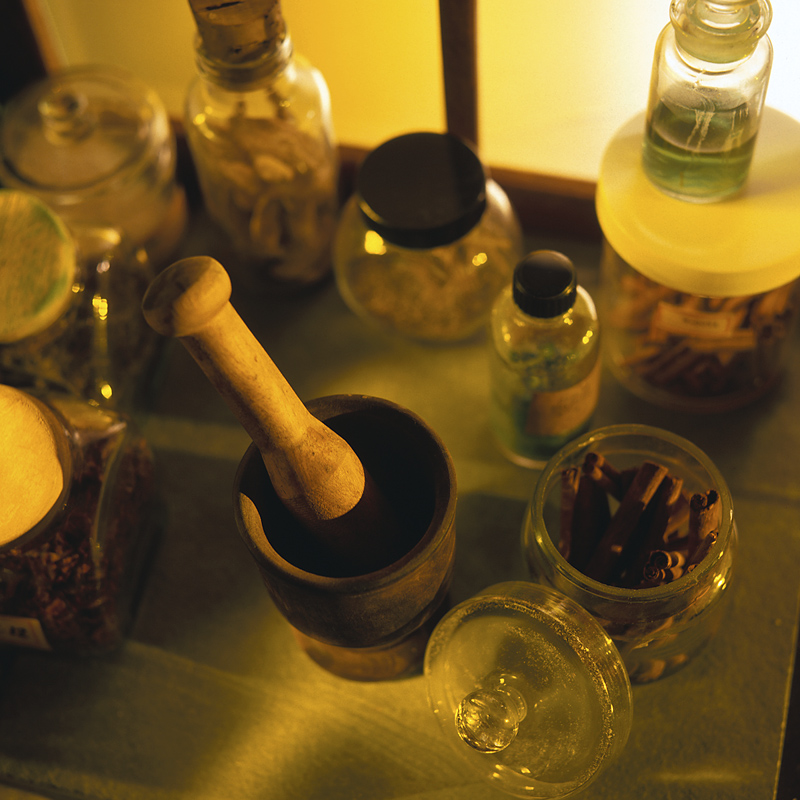
THURSDAY, April 22 (HealthDay News) — Children with cerebral palsy may benefit from transplantation into the brain of cells that support and surround neurons in the nose, a new study suggests.
Previous research has shown that olfactory ensheathing cells (OECs) — which are relatively easy to obtain and have the ability to regenerate — may have potential for repairing central nervous system damage associated with a number of neurological disorders, including multiple sclerosis, spinal cord injury and amyotrophic lateral sclerosis (ALS).
In this new study, Chinese researchers injected OECs into a specific location in the frontal lobes of the brains of 33 children and adolescents with cerebral palsy. Fourteen participants completed the six-month study.
“Our results showed that transplanting OECs into CP patients could improve the neurological function of patients and did not cause significant side effects. The procedure may be a plausible method to treat this as yet incurable disorder,” corresponding author Dr. Hongyun Huang, of the Beijing Rehabilitation Center, said in a news release.
The study is published online in the journal Cell Transplantation.
“In parallel with recently FDA-approved U.S. clinical trials of cell therapy for adult stroke and cerebral palsy, this clinical study in China advances the use of stem cells for treating brain disorders, but a very careful assessment of this experimental treatment needs to be exercised in order to gauge its safety and efficacy,” journal associate editor Dr. Cesar V. Borlongan said in the news release.
More information
The March of Dimes has more about cerebral palsy.

